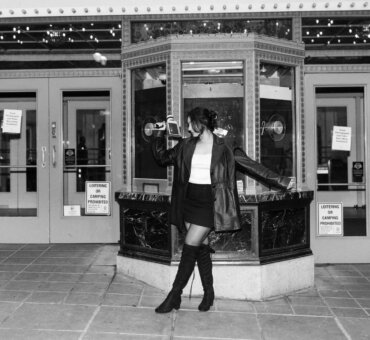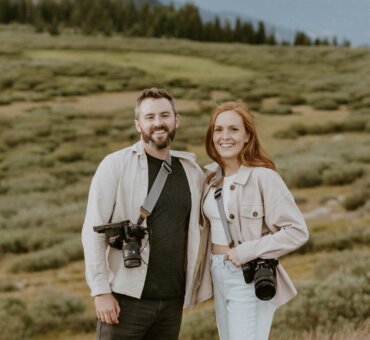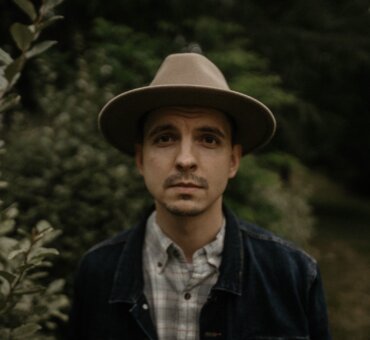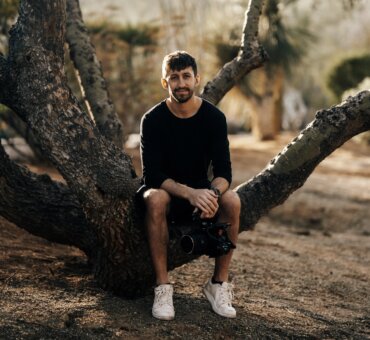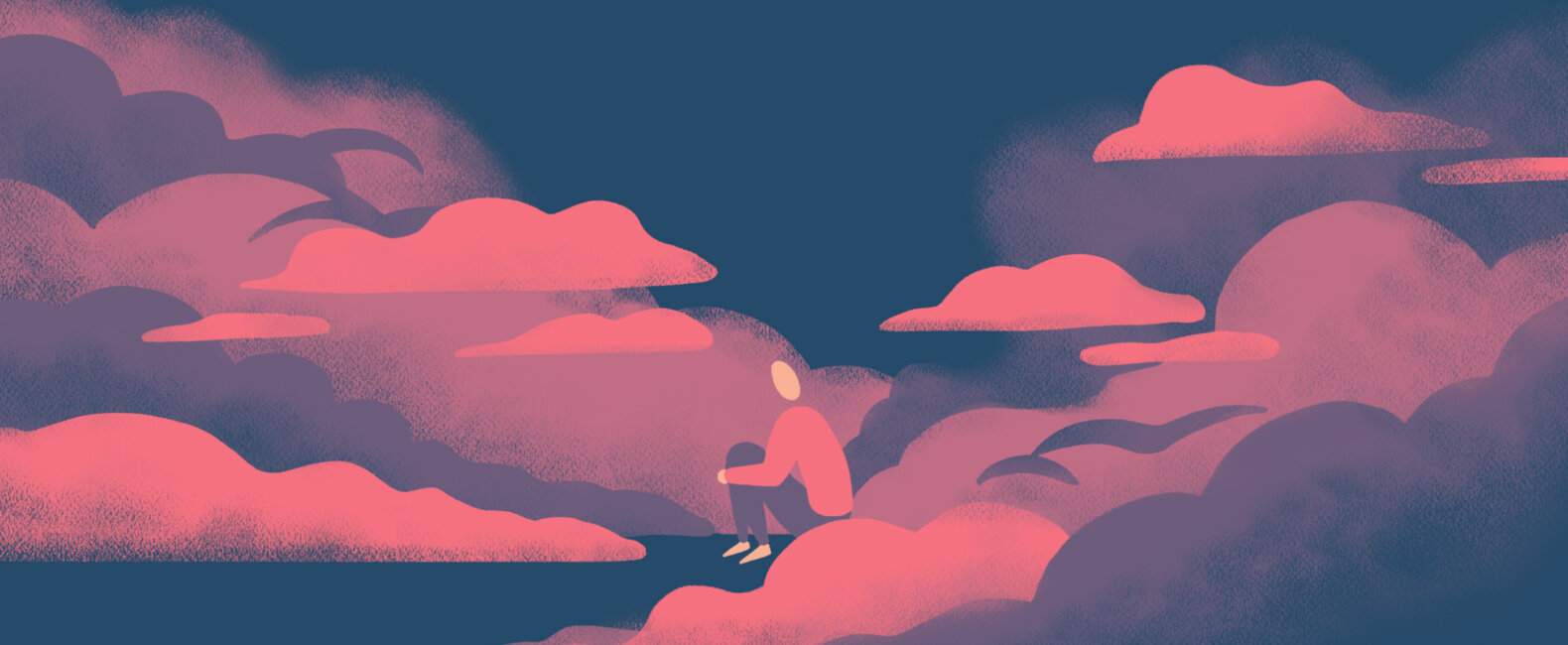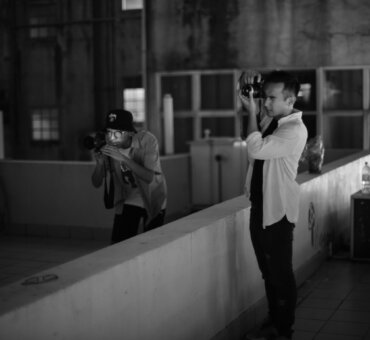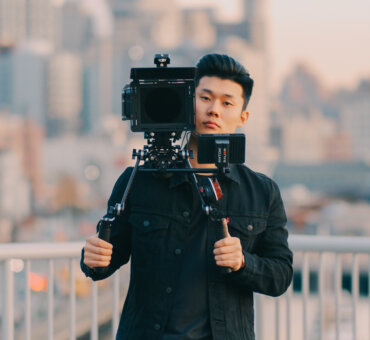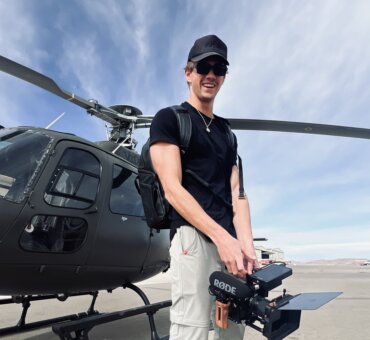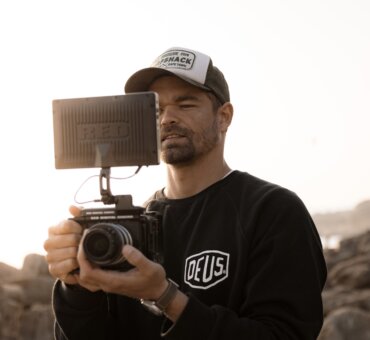Our CEO Daniel McCarthy has been on an NBA kick for about 10 years now. So, when he’s delivering an analogy about creative fear, chances are Lebron James’ name is somehow going to find its way into the conversation. Our recent team meeting was no different. As he was giving us a classic McCarthy pep talk about what (and how) we create as a team, he went right to the 2016 NBA Finals.
After winning the title in 2015, and winning a record-setting 73 games during the regular season, the Golden State Warriors fell to Lebron James and the Cleveland Cavaliers — a team many believed was inferior to the defending champions. Of course, people had their fair share of opinions but a common theme emerged: success was the Warriors’ enemy. All of the praise, records, and awards added up to a team that was unprepared for the challenge at hand.
Daniel’s point for bringing this up? It’s hard to maintain success when you’re already successful. When everyone’s saying you’ve “made it,” there’s no competitor, or fear of failure, breathing down your neck, waiting to strike. That fear — of not succeeding, being forgotten, or not delivering on a goal — can be a powerful motivator, and it’s extremely hard to come by when (you believe) you’ve reached the pinnacle of success.
Now all that’s left to do is figure out what we do with this knowledge. How do we walk the line between a healthy fear and an unhealthy fear — or, even better, how do we use fear to our advantage?

Internal vs. External
There’s an element of fear that’s inherent to our nature. Nobody tells someone to act in self-preservation — it’s hard-wired into their being. Why should we as creatives be any different? Our fear is just as innate as our creativity, and maybe just as important.
These deep-rooted fears can be powerful motivators. Everyone wants to make work that will last, work that will stand out and be successful at its mission, whatever that mission may be. Our fear of not achieving these goals is something we can use as a driving force for our work. It’s internally driven, and that fear can be a powerful motivator, encouraging us to branch out, learn new things, promote our work, and not rely on what we’ve done in the past as an indicator for success. To Daniel’s point — the most powerful motivation of fear isn’t generated from an outside source; it comes from within.
On the other hand, while our internal fear is inherent, we’ve also been taught some types of fear — the exact fears we need to be wary of: the fear of not being accepted, of being different, of being scrutinized by our peers. There’s a reason most children don’t have a fear of public speaking; they haven’t learned to be afraid of it yet. What purpose does that fear have? It’s externally motivated, which generally means it’s designed to hold us back. The only thing that should be telling you to be fearful is your survival instinct. Nothing else.

We’re at Our Best in Adversity
If fear is built into us, maybe it’s there for a reason. There’s a friction that must exist in any career, particularly a creative one. Creativity exists to solve problems, and these problems are exactly that because they cause discomfort or pain. If we fear failure, then maybe it’s telling us that our project is worth doing. Maybe fear is telling us that the stakes are higher than they’ve ever been. If we’re creating meaningful work, then chances are there’s a good reason to fear failure.
It’s safe to say the NBA finals were less intimidating (and maybe even mattered less) the second time around for Golden State, and that was their greatest weakness. Because they didn’t realize the gravity of the situation, they hammered the nails into their own coffin before the series even started.
As creatives, if we’re recognizing our fears and having honest conversations about them, we can begin to address them directly through our craft. Nothing breeds innovation and creativity faster than constraints and our fear may be the clearest example of this. Just as there’s no darkness without light, there’s no success without fear. If we have no fear to overcome, did we ever really care in the first place?

Fear Breeds Honesty
There’s a reason Daniel gave that analogy to our team. When we’re willing to admit our fears, it also means we’re willing to humble ourselves enough to admit we need help in achieving our goal; that sometimes we can’t do it alone. Fear can create honesty and distill what’s really important. Fear can remove the fog between ourselves and what we truly want. It can tell us what we truly care about deep down, more than the need to please others or be seen as important in our field.
So, how does that translate to creatives? If we can admit to ourselves, and our peers, that we have fears, then we can get to the heart of the matter and focus on what is really driving us. Are you afraid that people won’t connect with your film? Great. Why? What can you do to address that fear and move past it? When we have that conversation, we can bare our souls and address the things that matter the most to us — and isn’t that where all great art starts?
American icon Mark Twain once said, “Courage is resistance to fear, mastery of fear, not absence of fear.” There’s nothing in that quote about eliminating fear. It’s all about how we respond to it. What are you afraid of? You can let those fears hold you back from achieving your goals, or you can use them simply as a reference, another piece of information. So admit your fears, recognize them, and then go crush your goal anyway.

5 Key Takeaways:
- Some fears are natural. Recognize them, accept them, and move on with your life.
- Don’t let anyone other than yourself tell you when to be afraid.
- Humans, especially creative humans, perform at our best under some sense of fear.
- A healthy sense of fear may be a great indicator of something worth doing.
- Fear can remove the fog between ourselves and what we really want.
- Fear forces us to be honest with others and ourselves.




































































